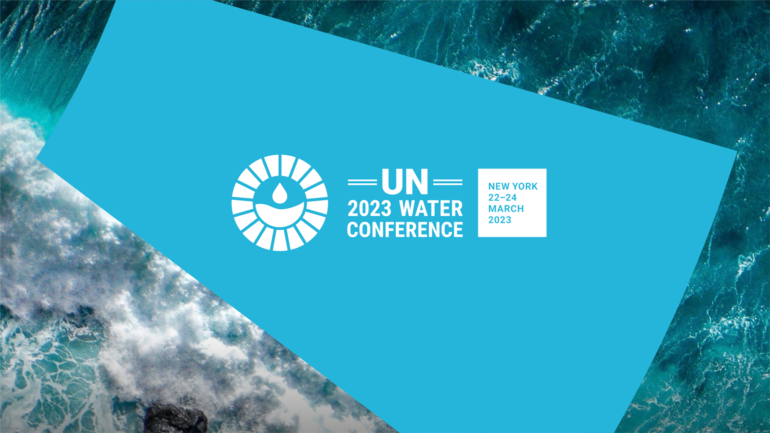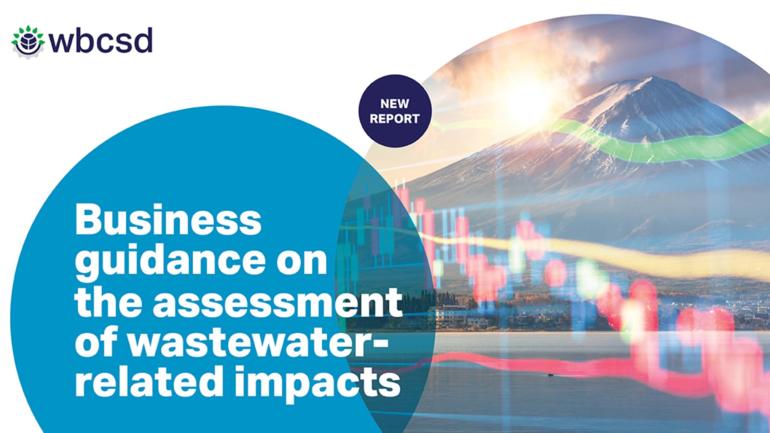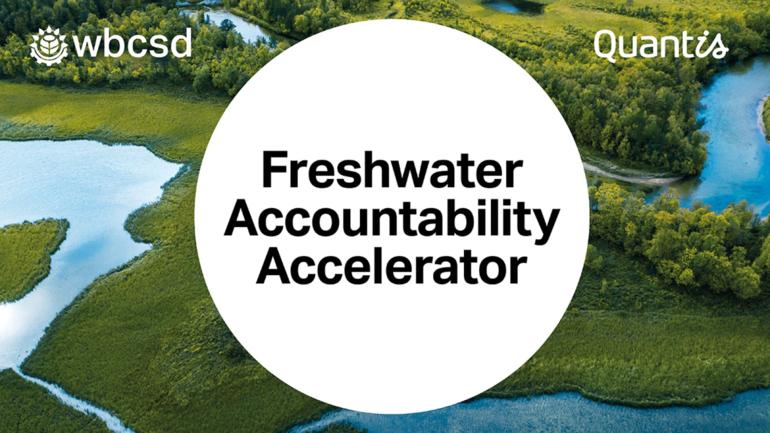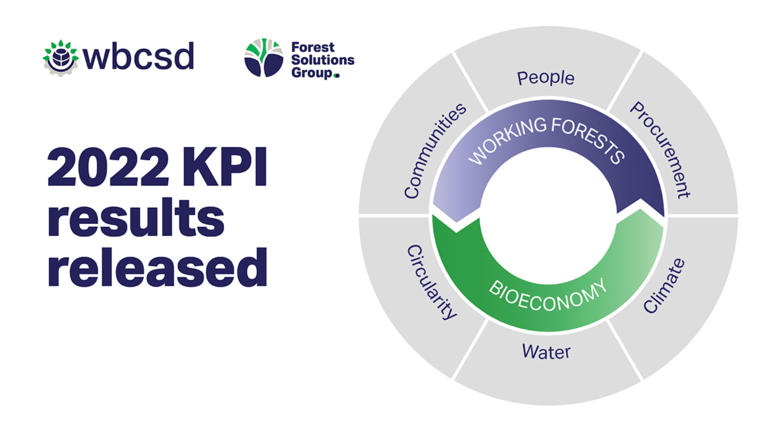Geneva / New York City, 17 July 2018: This publication provides a business case for companies to implement WASH at the workplace and it also showcases the action that signatories of the WASH at the workplace Pledge have taken to improve access to water, sanitation and hygiene (WASH).
The report is launched this morning at an event during the UN’s High Level Political Forum in New York and demonstrates concrete contribution of businesses to the 2030 Agenda for Sustainable Development and specifically to Sustainable Development Goal (SDG) 6: Clean Water and Sanitation.
The business case for investing in WASH is clear. While every dollar invested returns USD $5 in benefits for sanitation and USD $2 for water, one in every three people still goes without access to safe sanitary facilities and one in every ten does not have access to clean and safe water when needed. The impact potential for WASH investments is immense.
For business, investing in WASH means reducing productivity losses from absenteeism of workers, contributing to prosperous societies and expanding markets. The first step to reap the benefits from WASH investments is to ensure that a company provides adequate standards of WASH to their employees at their workplace.
For this reason, 47 companies have committed and are implementing the WASH Pledge, touching over 2.4 million employees in close to 6,000 sites in 170 countries. By signing the WASH Pledge, companies ensure that within three years, all their employees in operations across the globe have access to water and sanitation, and that the company takes an active role in promoting safe hygiene practices at work and beyond. The WASH Pledge Self-assessment tool lays out 32 provisions on what is considered international best practice on WASH at the workplace.
The report shows that 37% of the WASH Pledge signatories integrated the Pledge provisions into their internal health and safety systems, and 21% into their existing sustainability reporting systems. Across the board, all companies noted the Pledge as an opportunity to make a direct impact and drive the right behavior on SDG6.
The business benefits of the WASH Pledge have been notable: for example, signatories observed a substantial increase in awareness of WASH, reduction in illness rates and absenteeism and increase in productivity.
Beyond addressing WASH in workplace settings, the WASH Pledge has also helped companies address WASH in their supply chains and communities which is key for supply chain resilience. Currently, one in five people work in globalized supply chains, very often in countries where WASH access is not ensured. WBCSD is working with the WASH4Work coalition to highlight the importance of WASH action in companies’ spheres of influence.
The report’s foreword is signed by WBCSD President and CEO Peter Bakker, alongside Rajiv Dube (Director, Aditya Birla Group), Magdi Batato (Executive Vice President & Head of Operations, Nestlé SA), and Paul Polman (CEO, Unilever). CDP (formerly Carbon Disclosure Project) CEO Paul Simpson provided a separate foreword on the importance of WASH within water disclosure.
The WASH Pledge impact report is launched today on the sidelines of the United Nations’ High-Level Political Forum (HLPF) and can be downloaded from the WBCSD website. At the HLPF, governments and other stakeholders report their progress against four SDGs, including SDG6 on water, sanitation and hygiene.








